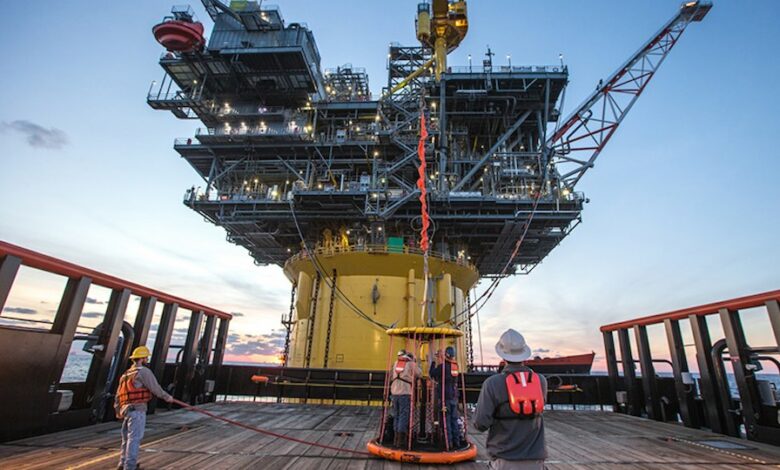
Louisiana, Texas, and Mississippi have sued the US government to block the proposed rule set forth by the Biden administration requiring the offshore oil and gas industry to provide nearly $7bn in financial assurances to cover costs of decommissioning old infrastructure.
The rule, set to take effect in 2024, will mostly affect smaller companies without investment-grade ratings or sufficient proven oil reserves. Oil majors will have fewer issues with the rule as they can meet either credit criteria or have large resource reserves in place.
The lawsuit was filed by Louisiana Attorney General Liz Murrill in the state’s federal district court and was joined by attorney generals of Texas and Mississippi. It was directed against the US Bureau of Ocean Energy Management (BOEM) and claims that around three-quarters of operators in the Gulf of Mexico would be affected.
When it announced the rule, the Department of the Interior said it was to protect taxpayers from covering costs that should fall on the oil and gas industry when decommissioning offshore platforms.
Australia knows best how expensive an endeavour decommissioning is, pun intended, as it was stuck with the $215m bill for decommissioning of the Northern Endeavour FPSO after its owner, Northern Oil and Gas Australia folded in 2019.
Decom of old wells can cost billions, and as seen in the Northern Endeavour FPSO example, expenses fall to taxpayers if companies don’t settle their obligations or go bankrupt. This is not some far-fetched idea as 37 offshore oil and gas operators have filed for bankruptcy since 2009, according to US government data.
According to the US Accountability Office, more than 2,700 wells and 500 platforms were overdue for decommissioning in the Gulf of Mexico as of June 2023. Currently, BOEM holds around $3.5bn in supplemental bonds to cover between $40bn and $70bn in total estimated decommissioning costs.
Under the new rule, BOEM will allow current lessees and grant holders to request phased-in payments over three years to meet new financial assurance demands but there is a possibility of shut-ins if oil and gas companies are not able to provide bonds on time.
The US Gulf of Mexico produces roughly 1.8m barrels per day of oil, according to the last figures by BOEM. This equates to around 14% of the total US output.

Amazing isn’t it that the massively profitable and heavily taxpayer subsidised fossil fuel industry demands special treatment. Again.
What happened to all the profits they made?
Louisiana, Texas and Mississippi are basically Republican and against taxes and subsidies, until their donors have to pay their way then taxpayer subsidies are great. Hypocrisy is their name.